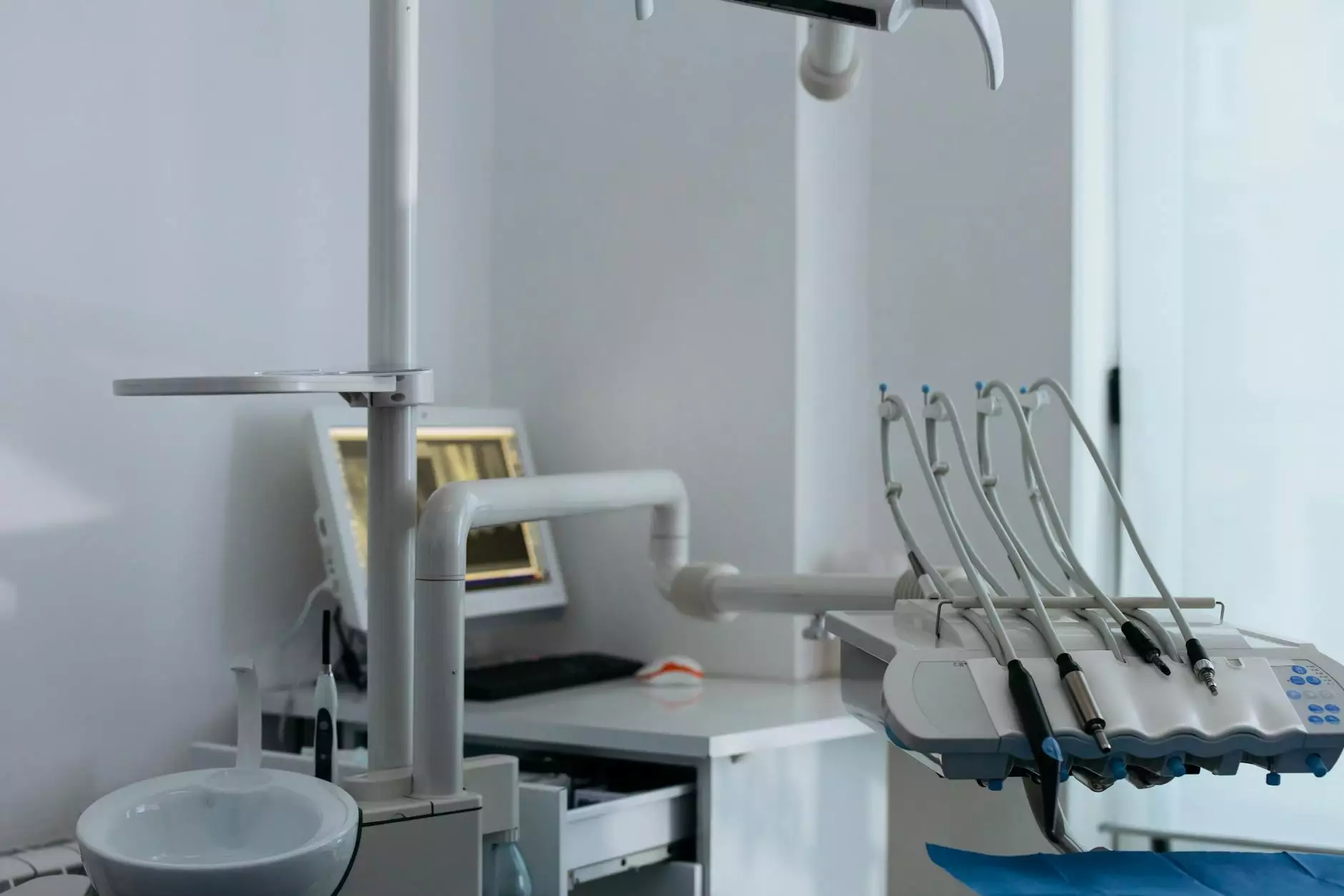Gastric Bypass: A Pathway to a Healthier Future

In today's fast-paced world, maintaining a healthy weight can be a significant challenge for many individuals. With the rise of processed foods and sedentary lifestyles, obesity has become a prevalent health crisis globally. Among the various options available for weight loss, gastric bypass stands out as a clinically proven method that not only aids in significant weight loss but also improves overall health. In this comprehensive article, we will explore the intricate details of gastric bypass surgery, its benefits, procedure, and its long-term impacts on your health.
Understanding Gastric Bypass Surgery
Gastric bypass surgery, also known as Roux-en-Y gastric bypass, is a type of bariatric surgery. This procedure involves creating a small pouch from the stomach and connecting it directly to the small intestine. By doing so, it effectively limits the amount of food one can consume and reduces nutrient absorption, promoting weight loss. This section delves deeper into how gastric bypass works and why it is considered a revolutionary option for those struggling with obesity.
How Gastric Bypass Works
- Creation of a Pouch: The surgeon creates a small pouch at the top of the stomach, which restricts the amount of food that can be consumed at one time.
- Bypass of the Small Intestine: The small pouch is then connected directly to a portion of the small intestine, which bypasses the majority of the stomach and the upper part of the small intestine.
- Hormonal Changes: The surgery induces hormonal changes that enhance feelings of fullness, reduce hunger, and may improve insulin sensitivity.
The Benefits of Gastric Bypass
Choosing to undergo gastric bypass surgery is a significant decision, laden with both potential benefits and risks. Understanding these benefits can help individuals make informed decisions regarding their health.
1. Significant Weight Loss
One of the most notable benefits of gastric bypass is the potential for substantial weight loss. Most patients can expect to lose around 60-80% of their excess weight within the first two years following surgery. This drastic weight loss can lead to improved quality of life and restored mobility.
2. Improvement of Obesity-Related Conditions
Obesity is often linked to numerous health problems, including:
- Type 2 diabetes
- High blood pressure
- Sleep apnea
- Heart disease
Many patients find that their conditions improve after surgery, with some even achieving remission from diseases like type 2 diabetes and hypertension.
3. Enhanced Mental Well-being
Weight loss can have a profound impact on an individual’s self-esteem and mental health. Many patients report improved emotional states, reduced anxiety and depression, and a newfound confidence following their weight loss journey.
4. Long-term Sustainability
Unlike many fad diets that provide temporary solutions, gastric bypass offers long-term weight management. Patients are often required to adhere to a specific diet and lifestyle changes, but the surgery itself provides a solid foundation for sustainable weight loss and healthy living.
Preparing for Gastric Bypass Surgery
Preparation is crucial for the success of any surgery, and gastric bypass is no exception. Below are essential steps individuals should consider when preparing for the procedure.
Consultation and Evaluation
The first step is to consult with a medical professional. A thorough evaluation will be conducted, including:
- Medical history review
- Physical examination
- Psychological evaluation
These assessments ensure that the patient is a suitable candidate for surgery and understands the commitments involved.
Setting Realistic Goals
Discussing and setting realistic weight loss goals with a healthcare provider is essential. Understanding what to expect from the surgery helps patients maintain motivation and stay committed to their weight loss journey.
Adopting a Pre-surgery Diet
Patients may be advised to follow a specific diet before surgery. This usually involves:
- Protein-rich foods
- Low-calorie meals
- Avoidance of high-sugar and fatty foods
This pre-surgery diet helps shrink the liver, making the surgery safer and more manageable.
The Gastric Bypass Procedure
The gastric bypass surgery itself typically lasts about 2-4 hours and is performed under general anesthesia. Understanding the steps involved can alleviate anxiety and prepare patients for what to expect.
Step-by-Step Breakdown
- Creating the Stomach Pouch: The surgeon divides the stomach into a small pouch and a larger remnant stomach.
- Connecting to the Small Intestine: The small pouch is connected directly to the small intestine, bypassing a significant portion of the stomach and duodenum.
- Securing the Pouch: The surgical team ensures all connections are secure and minimizes the chance of leaks.
- Finishing Up: The incisions are closed, and the patient is taken to recovery.
Recovery After Gastric Bypass
Recovery from gastric bypass surgery varies by individual, but there are common aspects and timelines that many follow.
Immediate Post-surgery Care
After the surgery, patients are typically monitored for a few days in the hospital. During this time, healthcare providers will:
- Manage pain and discomfort
- Monitor vital signs
- Provide dietary guidance
Long-Term Lifestyle Changes
Successful long-term weight loss requires a commitment to new habits, including:
- Regular physical activity
- Healthy eating habits
- Ongoing medical follow-ups
Patients are usually introduced to a modified diet gradually, starting with liquids and progressing to solid foods over several weeks.
Potential Risks and Complications
While gastric bypass is generally safe, as with any surgery, there are potential risks involved. Patients should be well-informed to make the best decisions regarding their health.
Common Risks Include:
- Infection
- Blood clots
- Leakage at surgical sites
- Gallstones
Patients are also at risk of nutritional deficiencies due to the reduction in nutrient absorption and should work closely with their healthcare providers to monitor their nutrition post-surgery.
Conclusion: A New Beginning with Gastric Bypass
In conclusion, gastric bypass surgery is more than just a weight loss procedure; it is a transformative journey towards a healthier lifestyle. With significant benefits, proper preparation, and adherence to post-surgery guidelines, individuals can find success in overcoming obesity and reclaiming their health.
If you are considering gastric bypass, Antalya Health offers comprehensive services and expert guidance in the field of bariatric surgery. With a commitment to patient care, we help our patients embark on a transformative health journey. Visit us at Antalya Health for more information on how we can assist you in your weight loss journey.









